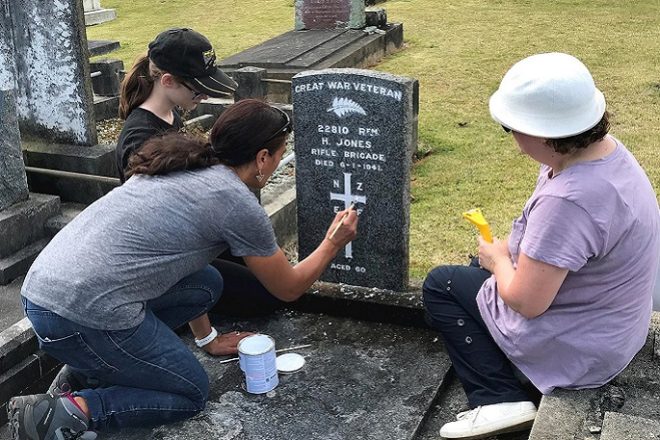My Vaccine Pass is an official record of your COVID-19 vaccination status for use within Aotearoa New Zealand. It will allow you to access certain events and venues operating under the COVID-19 Protection Framework (traffic light system)
Read below for information on who needs and doesn’t need a Vaccine Pass.
How to get My Vaccine Pass
1.
- In person at a pharmacy
Pharmacies that are providing COVID-19 vaccinations can also help you request and print an International Travel Vaccination Certificate for free. Confirm in advance that they offer this service, and bring your NHI number if you can when you visit.
You do not need to have ID or an email address to get your pass or certificate from a pharmacy. You will be asked some personal details so you can be found in the system.
2.
- Online through My Covid Record
The quickest way to get your certificate is through the website My Covid Record. You will need a unique email address and a valid ID.
Request a certificate:
Who can get a My Vaccine Pass
You can request a My Vaccine Pass if you are aged 12 or over and:
Your My Vaccine Pass will include your name, date of birth and a QR code. You can save it on a digital device, like your phone, or print a physical copy.
Your pass will expire 6 months after the date of issue or 1 June 2022, whichever is earlier.
Who does not need a My Vaccine Pass
People under the age of 12 years and 3 months are not required to show proof of vaccination.
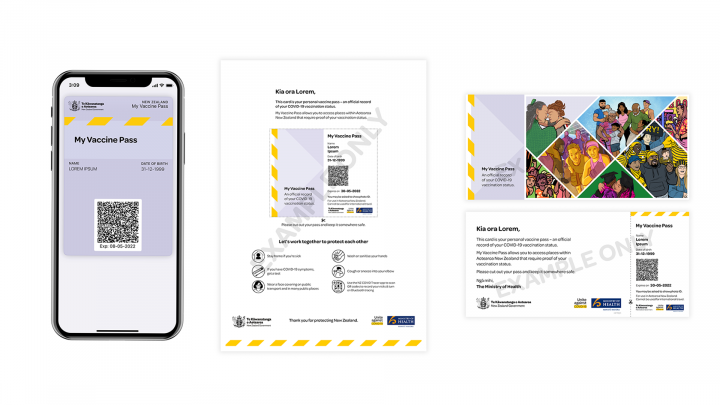
When you might need it
From Friday 3 December you may need to use My Vaccine Pass to enter events and venues as required by the traffic light system.
You may need to show it in a range of public settings. These could include:
Businesses may scan the QR code on your My Vaccine Pass with the NZ Pass Verifier app. This app will confirm your vaccination status for the business. You may also be asked to show ID. It will not store your data or show any information other than your name and date of birth.
Businesses cannot accept a purple vaccination card or vaccination confirmation letter as proof of your vaccination status.
When you will not need it
You will not need to show proof of vaccination to access basic needs services like:
Medical exemptions
If you are unable to get the COVID-19 vaccine for medical reasons, there is an exemption process to get your My Vaccine Pass.
You will need to talk to your doctor and they will apply on your behalf.
If you are travelling overseas
My Vaccine Pass cannot be used for overseas travel. If you are going to another country, you will need to request an International Travel Vaccination Certificate.
Anyone 12 years and over who has had any dose of the COVID-19 vaccine administered in New Zealand can request an International Travel Vaccination Certificate.
The details included on your International Travel Vaccination Certificate must match your passport. You can review your personal details when you request the certificate. If you need to change your details to match your passport, instructions on how to do this will be available.
These certificates comply with EU Digital COVID Certificate standards. Some countries may have different requirements. Before travelling, please check the requirements of the country you are travelling to.
You will also need to follow all the usual immigration processes for the country you wish to enter. Additional steps, such as having a negative pre-departure test, may also be required.
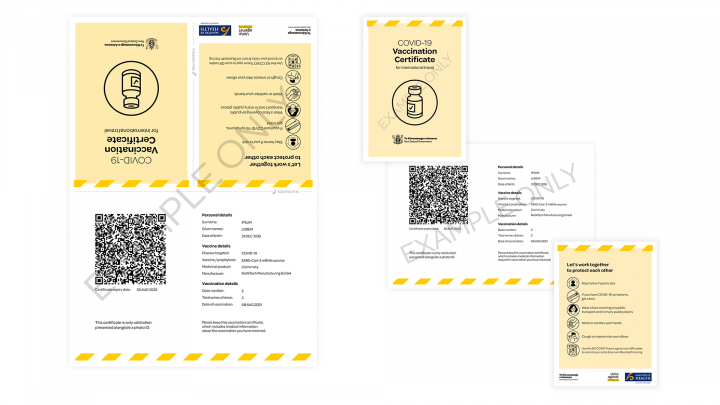
Your International Travel Vaccination Certificate will have a QR code that will be scanned when you are travelling. It will include details of the COVID-19 vaccinations you have had administered in New Zealand.
You can save this certificate on a digital device, like your phone, or print a physical copy.
This certificate is valid for 12 months.
-
If you were vaccinated overseas
International Travel Vaccination Certificates only show vaccines given in New Zealand.
If you received 1 or more doses of a COVID-19 vaccine overseas, you should also request a certificate from that country to travel outside of New Zealand.
-
Vaccination confirmation letters
If you have already received a vaccination confirmation letter you can still use this for international travel, but we recommend you request an International Travel Vaccination Certificate through My Covid Record to ensure the country you are travelling to recognises your proof of vaccination status.
If you received both your doses overseas, you cannot get an International Travel Vaccination Certificate from New Zealand.

















































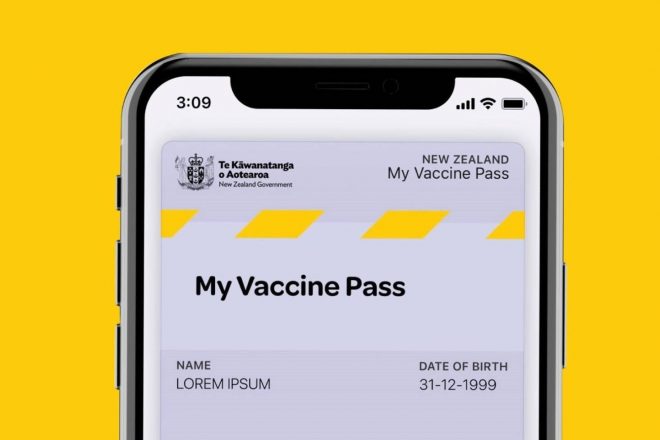
-360x245.jpg)
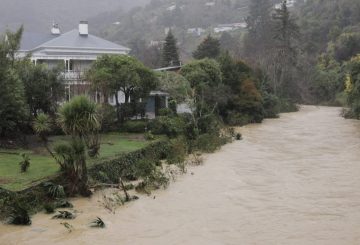
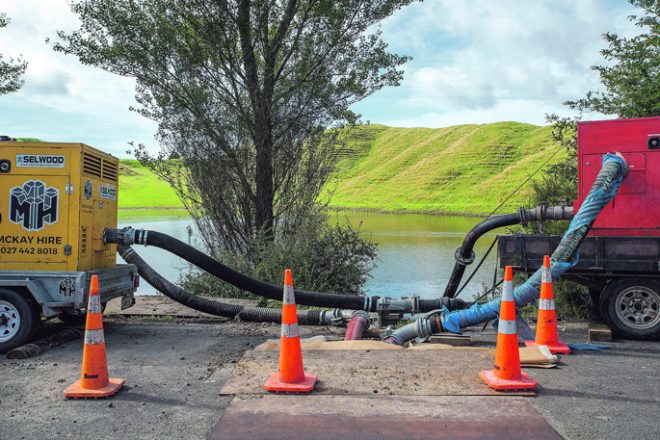
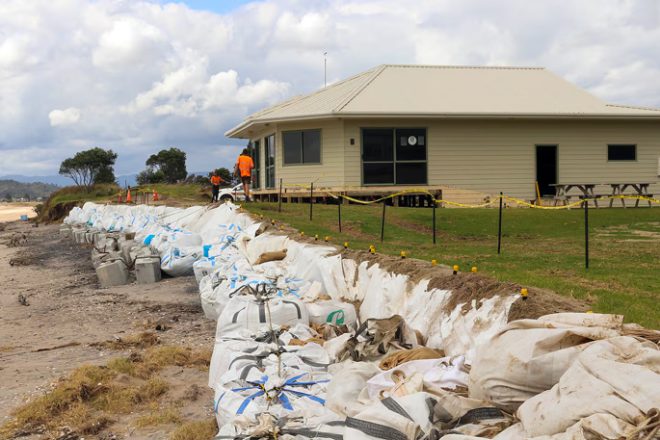
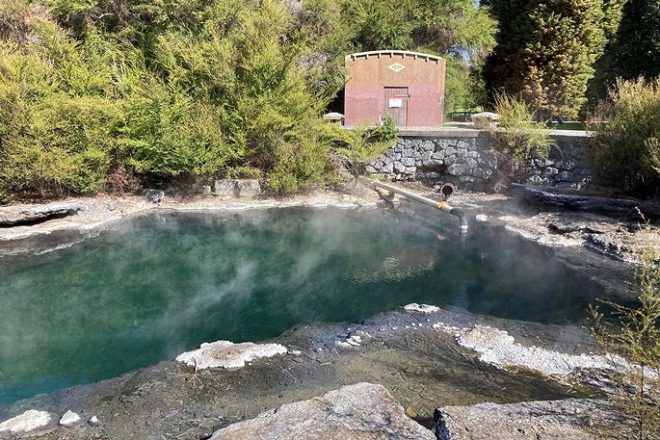
-helped-regain-her-strength-and-balance-using-Nymbl-after-a-fall.-660x440.jpg)

